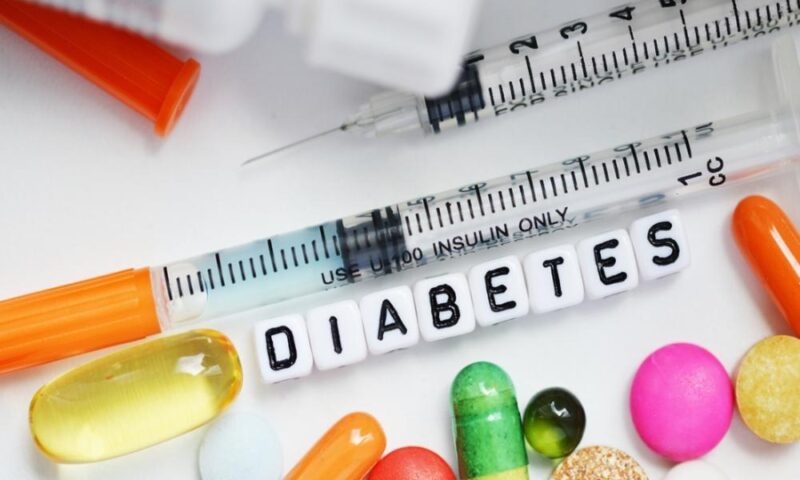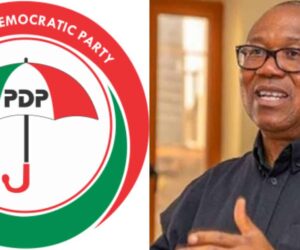As Nigeria joins the global community to commemorate World Diabetes Day, the Corporate Accountability and Public Participation Africa (CAPPA) has renewed calls for urgent government action to address the nation’s worsening diabetes crisis.
The organisation is backing the Diabetes Association of Nigeria (DAN) in urging the Federal Government to declare a national emergency on diabetes care and strengthen health financing through a higher tax on sugar-sweetened beverages (SSBs).
In a statement issued on Friday, CAPPA described as “alarming” recent revelations that diabetes kills an estimated 30,000 Nigerians every year, while 11.4 million others live with the disease.
The group noted that this figure is even more troubling when compared to the International Diabetes Federation’s (IDF) estimate of 3% prevalence—about 2.99 million adults.
The organisation expressed concern over the soaring cost of diabetes treatment, which now ranges between ₦100,000 and ₦120,000 monthly, making adequate care unaffordable for most patients and increasing the risk of avoidable deaths.
“This is yet another troubling statistic on the state of Nigeria’s noncommunicable diseases (NCDs) burden and the country’s public health system,” CAPPA said. “It is no wonder that Nigeria’s life expectancy is the lowest globally, according to the latest United Nations health report.”, the statement noted.
CAPPA warned that the rise in diabetes cases—coupled with poor health outcomes—demands urgent policy action to curb unhealthy diets and the booming consumption of sugary drinks across the country.
Akinbode Oluwafemi, Executive Director of CAPPA, said the organisation fully supports DAN’s call for an emergency declaration and a significant upward review of the SSB tax. He stressed that such measures would not only discourage excessive intake of sugary beverages but also generate revenue for the country’s stretched health system.
“Unhealthy diets and sugary drinks continue to drive NCD risks. Without decisive action, Nigeria risks raising generations dependent on high-sugar products, with long-term consequences such as obesity, type 2 diabetes, cardiovascular diseases, and early mortality,” Oluwafemi warned.
The statement highlighted global evidence showing that SSB taxation, sodium reduction policies, front-of-pack labelling (FOPL), and restrictions on marketing ultra-processed foods to children are effective strategies for reducing NCD prevalence.
Read also: Noncommunicable diseases account for 30% of deaths in Nigeria, says CAPPA
However, CAPPA noted that preventive efforts must be matched with a strong health system capable of supporting millions already affected.
Oluwafemi commended the Federal Government’s push to allocate revenues from taxes on tobacco, alcohol, and other harmful products toward health financing, saying such steps are crucial as the rising cost of diabetes management continues to impoverish families.
CAPPA reiterated its advocacy for an SSB tax of at least ₦130 per litre and mandatory front-of-pack nutrition labelling, arguing that these policies would reduce consumption, encourage healthier product reformulation, empower consumers, and protect Nigerians from aggressive marketing by major food and beverage companies.
This year’s World Diabetes Day, themed “Diabetes Across Life Stages,” emphasises that the disease affects individuals at every point in life, including during pregnancy—an urgent reminder of the need for comprehensive prevention and care across the population.








